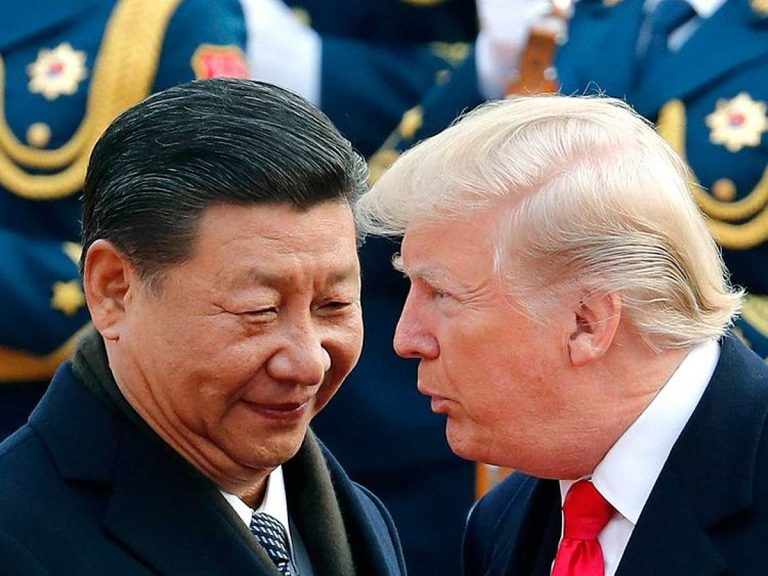Labour’s Internal Struggles: Keir Starmer Faces Challenges
The Labour Party in the UK is currently navigating a period of significant internal strife, with reports suggesting a potential plot to remove Prime Minister Keir Starmer. This turmoil comes at a critical time, as the party prepares for a crucial budget announcement while grappling with declining approval ratings and internal dissent.
Rising Tensions Within the Party
As the Labour government approaches its autumn budget, set for November 26, concerns are mounting among MPs about the possibility of breaking key manifesto commitments. These fears have prompted some senior party members to question Starmer’s leadership capabilities during this challenging period. Dissenting voices within the party are increasingly vocal, with accusations being exchanged among senior ministers, highlighting the fractures in Labour’s unity.
Health Secretary Wes Streeting, a prominent figure in Starmer’s cabinet, has publicly denied any intentions to challenge the Prime Minister. He characterized suggestions of a coup as “self-defeating nonsense” and emphasized his loyalty to Starmer. However, Streeting also pointed fingers at aides in Downing Street, suggesting they are undermining the Prime Minister’s authority.
The Shift in Labour’s Strategy
Under Starmer’s leadership, Labour has shifted towards the center, aiming to counter the rise of Reform UK and its leader, Nigel Farage. While this strategy aims to broaden the party’s appeal, it has alienated some left-leaning members and failed to resonate sufficiently with the general public. Critics argue that Starmer’s approach lacks the charisma and communication skills necessary to effectively engage voters, particularly if the party is perceived to be breaking its promises.
Electoral Risks and Public Sentiment
The electoral landscape for Labour is precarious. Several ministers, including Streeting, were re-elected with unexpectedly narrow margins, raising concerns about the party’s vulnerability under the current leadership. Streeting, for instance, retained his seat in east London by a mere 528 votes, underscoring the potential risks ahead.
Public sentiment towards Starmer is also troubling. A recent YouGov poll revealed that 73% of respondents view him unfavorably, with only 17% believing he is performing well as Prime Minister. This stark contrast between initial optimism and current dissatisfaction reflects the challenges Starmer faces in maintaining public support.
The Impending Budget and Its Implications
The upcoming budget is a focal point of anxiety for Labour MPs, as it could lead to unpopular tax increases or cuts. With the cost of living crisis weighing heavily on the public, any perceived missteps could exacerbate existing frustrations and further erode confidence in Starmer’s leadership. The combination of internal discontent, negative public opinion, and the high-stakes budget creates a precarious situation for the party.
The Path Forward for Labour
Replacing Starmer is not a straightforward process. Labour’s rules stipulate that 20% of its MPs must nominate a challenger, which currently equates to 81 MPs given the party’s size in the Commons. A leadership challenge could lead to a protracted contest, potentially destabilizing the party further and damaging its brand.
FAQs
What are the main concerns regarding Keir Starmer’s leadership?
Concerns include declining approval ratings, potential policy U-turns in the upcoming budget, and internal dissent among party members questioning his ability to lead effectively.
How has the Labour Party’s strategy changed under Starmer?
Labour has shifted towards a more centrist position to counter the rise of Reform UK, which has alienated some left-leaning members and failed to significantly improve public support.
What are the implications of the upcoming budget for Labour?
The budget could result in unpopular tax increases or cuts, raising questions about leadership and potentially exacerbating public dissatisfaction during a time of economic strain.
Conclusion
The Labour Party is at a crossroads, facing significant internal challenges and public scrutiny as it approaches a critical budget announcement. The situation demands careful navigation to maintain party unity and public support, as any missteps could have lasting repercussions for Starmer’s leadership and the party’s future.
Also Read:
Managing Third-Party Cybersecurity Risks Effectively







